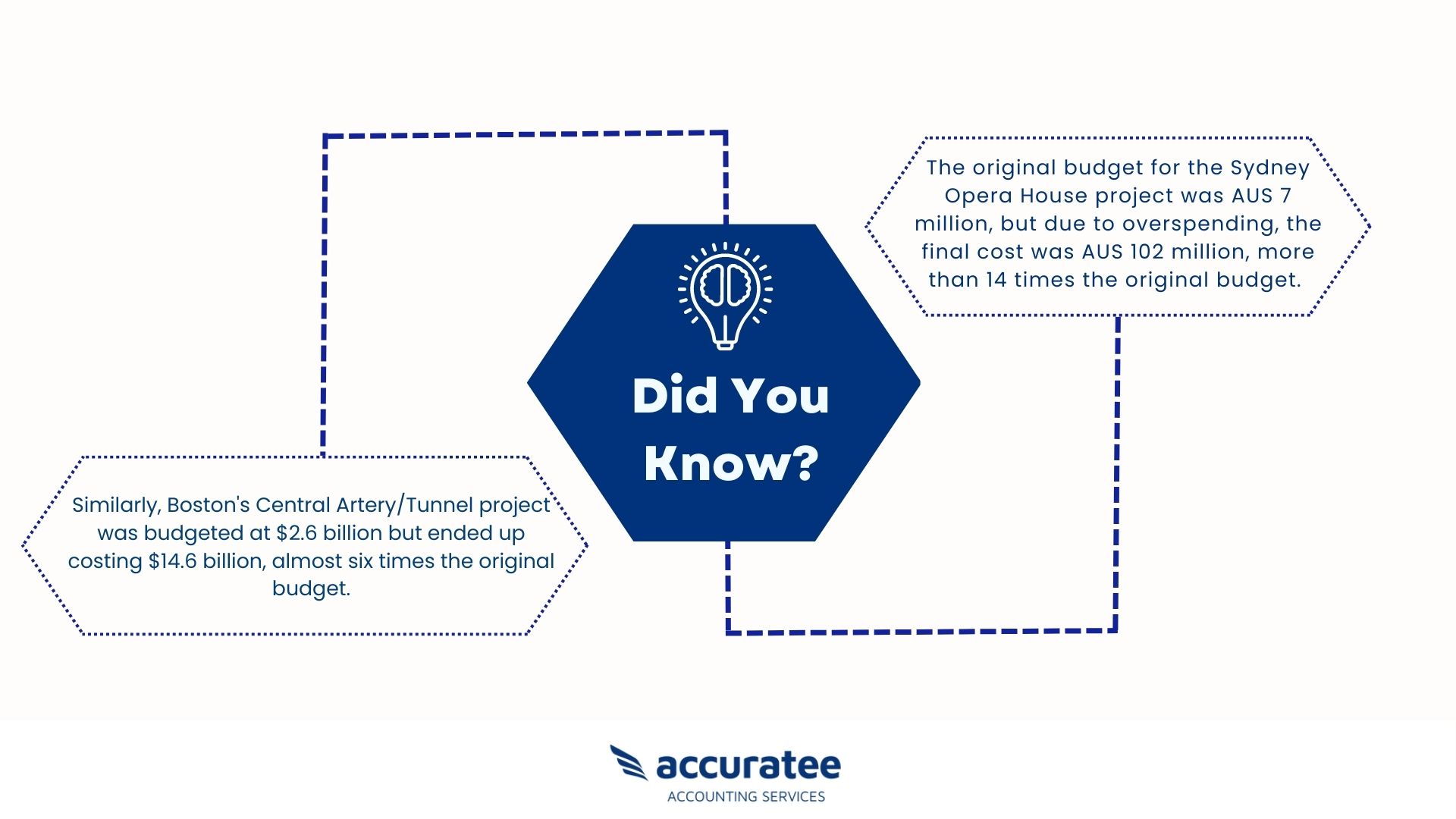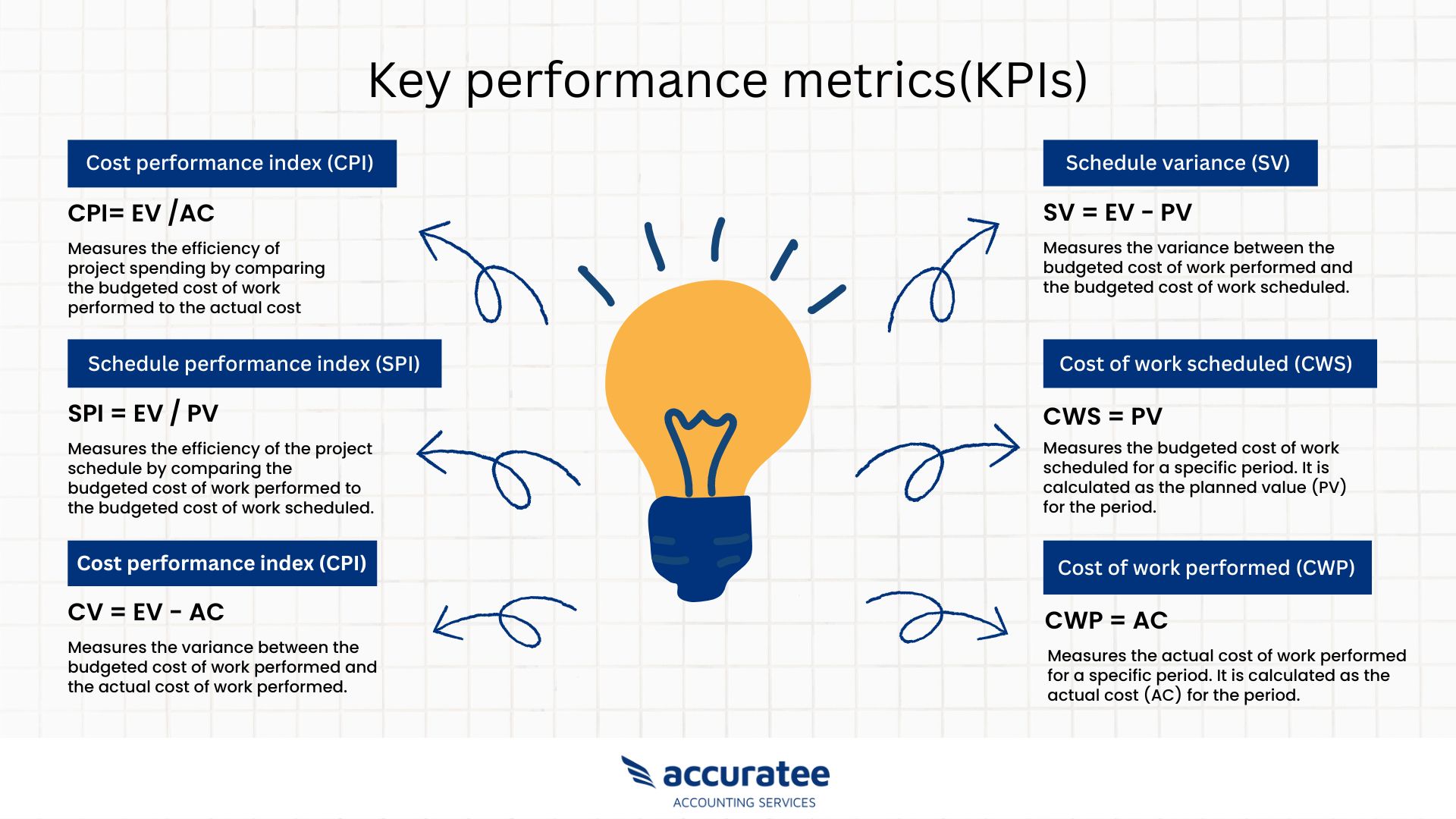How can real-time construction cost control help mitigate project risks?
Introduction:
Have you ever found yourself in a construction project where costs unexpectedly exceeded the budget, causing delays and jeopardizing the project's success? This is a common challenge that project managers and stakeholders encounter. Fortunately, there is a way to mitigate these risks effectively.
Real-time construction cost control offers a solution by providing up-to-date insights into project expenses. By proactively monitoring costs, project managers can make informed decisions to prevent cost overruns, delays, and other issues that could impact your project's success.
This blog post will explore the importance of real-time construction cost control and how it can help mitigate project risks. We will also discuss the cost control measures and key financial metrics project managers can employ to implement this approach and ensure the success of their construction projects.
Whether you're a project manager, contractor, or stakeholder, this post will provide valuable insights into how real-time cost control can help you avoid overspending and achieve long-term financial success.
Key takeaways
Real-time construction cost control can help mitigate project risks by providing up-to-date insights into project expenses.
Real-time construction cost control is crucial in today's era due to the increasing demand and cost for construction projects.
Real-time cost control keeps the project on budget without compromising quality or safety.
Clear understanding of business goals, budget, timeline, and corrective actions is crucial for effective cost control.
What is cost control in construction?
Cost control is an essential aspect of construction management that enables projects to be completed within the allocated budget. It manages expenses throughout the construction project, including materials, labor, and equipment costs. Construction cost control aims to ensure that each aspect of the project is completed within the expected budget without sacrificing quality or safety.
Proper cost control requires careful planning, monitoring, and adjustment throughout construction. Effective cost control can help mitigate financial risks and ensure the project's success, making it an integral aspect of any construction project risk management plan.
How do cost control work in the construction industry?
When it comes to balancing a construction company's finances, controlling costs is a crucial factor. To ensure that your present expenses are within your budget, it's important to take a few strategic steps.
For instance, creating a direct labor budget is smart, as it helps you understand the labor hours required for a project and how much you need to pay your employees. Hiring people within the company is a great option if the cost fits your budget.
Otherwise, you can implement cost control by outsourcing the task to professional construction accountants who can provide expert financial advice and help manage expenses efficiently. Doing so will also help you save you money and leave you with more room for negotiation.
Cost control can be applied to the overall expenditure of a business or a specific project, and to implement it successfully, one must first understand and take into account the following guidelines suggested :
-
Your business goals:
Knowing what you want to achieve with your project or business can be helpful when it comes to cost control. It will help you set realistic goals and expectations and focus on the most important aspects of the task at hand.
-
Your budget:
Having a clear understanding of how much you have in terms of resources, personnel, and time can help you control your budget. It's important to know how much you can spend and where, as this will enable you to make the most of your resources.
-
Your timeline:
Having a timeline in mind is essential when it comes to controlling costs. Knowing when tasks need to be completed can help you optimize the use of your resources, which will, in turn, save money and time.
-
Corrective measures:
It's important to be prepared for any contingencies during a project. Having corrective measures in place can help you minimize costs and prevent further losses in case of unforeseen circumstances.
By following these guidelines, construction companies can effectively control costs and manage financial risks as part of their effective construction risk management plan.
Why is real-time construction cost control important in today’s era?
For several reasons, real-time construction cost control is crucial in today's era. One of the primary reasons is the increasing demand for construction projects, which has led to a surge in costs.
The construction industry is among the largest worldwide, with the market size valued at $6.4 trillion in 2020. By 2030, the market is estimated to reach $14.4 trillion.

Real-time cost control can help prevent such overspending by providing real-time insights into the construction project's costs. This allows project managers to identify areas where costs can be reduced and make necessary real-time adjustments.
Why is reducing the cost of running your business essential?
Here are some reasons why reducing the cost of running your business is essential:
-
Increased profitability:
You can increase your profitability by reducing the cost of running your business. This can be achieved by reducing overhead costs, lowering production costs, and increasing sales.
-
Competitive advantage:
Reducing costs can give you a competitive advantage in the market. You can offer quality products or services at a lower price than your competitors, attracting more customers and increasing your market share.
-
Improved cash flow:
By reducing costs, you can improve the cash flow for your construction project. This can allow you to invest in new projects or expand your existing operations, ultimately increasing your profits and growing your business.
-
Better credit:
Maintaining good credit is essential for construction companies to obtain expansion or debt-clearance loans. To achieve this, timely repayment of creditors and clearing bank loans before the deadline is crucial. A cost control system helps save money and use it to pay off debts, ensuring a reliable credit score.
-
Sustainable growth:
Reducing costs can help you achieve sustainable growth. By reducing waste and increasing efficiency, you can create a more sustainable business model that can grow and prosper over time.
What are the different cost control measures?
As you have now understood, controlling construction costs is essential for success in the industry. To make things easier, let's dive into some effective cost-control measures that can be implemented. Check out the following list for some useful tips:
-
Ensure to manage costs from the beginning of every project:
The most effective way to control costs is to start managing them from the beginning of every project. This includes creating a detailed budget and schedule that cover all costs associated with the project, such as labor, materials, equipment rentals, and other expenses. It's also important to track these costs periodically throughout the project's life to ensure they are within the allocated budget.
-
Encourage value engineering:
Value engineering is a process where costs can be reduced by analyzing the functions of building components and finding more economical alternatives that still meet the required performance standards. This could involve substituting certain materials or methods for others, redesigning components, or eliminating some features to reduce cost.
-
Monitor labor costs:
It is important to monitor labor costs throughout the construction project as they can easily spiral out of control if not carefully managed. This includes tracking the number of hours worked by each contractor and any overtime and other associated costs. It is also important to ensure proper safety measures and that workers are properly trained to reduce potential work-related accidents or delays.
-
Optimize procurement strategies:
Optimizing procurement strategies can reduce construction costs. This involves taking advantage of bulk or discount pricing, negotiating contracts with suppliers, and using local materials whenever possible. These strategies can also help to reduce risks associated with delays due to long-distance shipping or difficult payment terms.
-
Analyze change orders:
Change orders are a common occurrence during construction projects and can have a major impact on costs. To reduce the impact of change orders, reviewing them carefully and analyzing their potential costs before signing off on any agreements is important.
These are some of the most effective cost-control measures that can be implemented in the construction industry. Properly implementing these strategies will help to ensure that the project stays on budget and is completed with the desired results.
Turn Your Bookkeeping into a Breeze!
How can your construction business streamline the cost control process in the modern era?
As a business owner in the construction industry, it is important to stay ahead of the curve when it comes to cost control. Here are some ideas to help streamline this process in the modern era:
-
Utilize project management software and other digital tools:
Technology is revolutionizing the construction industry and can streamline cost management of construction projects. Utilize project management platforms, estimating programs, and other digital tools to track expenses and monitor project budgets in real-time.
-
Invest in automation:
Automation can help you speed up processes, reduce errors and improve accuracy when tracking costs. This could include utilizing robots for repetitive tasks, using wearables to monitor labor hours, or implementing scanning technologies for onsite material tracking.
-
Negotiate better contracts:
Negotiating better contracts with suppliers and subcontractors can help reduce costs over the long term. This includes looking for discounts, taking advantage of bulk pricing, and creating long-term relationships with vendors.
-
Make data-driven decisions:
Collecting and analyzing data is an important part of the cost control process. Utilize project analytics to track performance, identify trends, and make data-driven decisions that will help you save money over time.
-
Create a culture of cost awareness:
Create a culture where everyone is aware of and accountable for controlling costs. This includes incentivizing workers to stay within budget, setting realistic goals, and encouraging employees to develop creative solutions that can help reduce spending.
By implementing these strategies, you can streamline the cost control process in your construction business and ensure that all projects are completed on time and within budget.
Important KPIs to monitor progress and control construction project costs
When you manage a project, staying on top of various aspects, such as deadlines, budget, scope, and quality, is crucial. Key Performance Indicators (KPIs) can help you keep track of these critical factors and ensure that the project is progressing toward its objectives.
Here, we'll be discussing six Key Performance Indicators (KPIs) that can be calculated using earned value, planned value, and actual cost to help you measure project performance and identify areas for improvement.
EV, or earned value, enables monitoring and measuring project progress against planned objectives to identify any potential schedule delays or budget overruns promptly.
PV, or planned value, is the estimated cost of the work that was planned to be completed by a specific point in time. It is a measure of how much work was scheduled to be done, according to the project plan, and the estimated cost of that work.
AC, or actual Cost, is the total amount of money spent to complete the actual work performed on the project.

By monitoring these KPIs, project managers can assess the project's progress, identify areas of concern, and take corrective action to ensure the project is completed within the budget and schedule.
Conclusion
In today's technological era, construction businesses must look at innovative ways to minimize costs and maximize returns. Real-time cost control is a lifesaver for construction professionals, providing accurate and timely project cost data.
This enables them to identify and address potential construction project risks before they become bigger issues, keeping the project on track and within budget. By monitoring costs in real-time, construction teams can make informed decisions and quickly adjust their plans to avoid delays and cost overspends.
So if you're involved in a construction project, take advantage of real-time cost control. It's an essential tool for mitigating all the risks and ensuring project success.
CleanSlate delivers cloud-based construction bookkeeping and accounting services with integrated technology to monitor project costs in real-time. Our experts have many years of experience managing finances for contractors. They can be counted on for dedicated customer service, ensuring accuracy, timeliness, accountability, and staying ahead of the curve from management to project completion.
If you want to learn more about how effective cost management strategies can benefit your construction business, contact CleanSlate today.









